Keywords: Pacific Solution
-
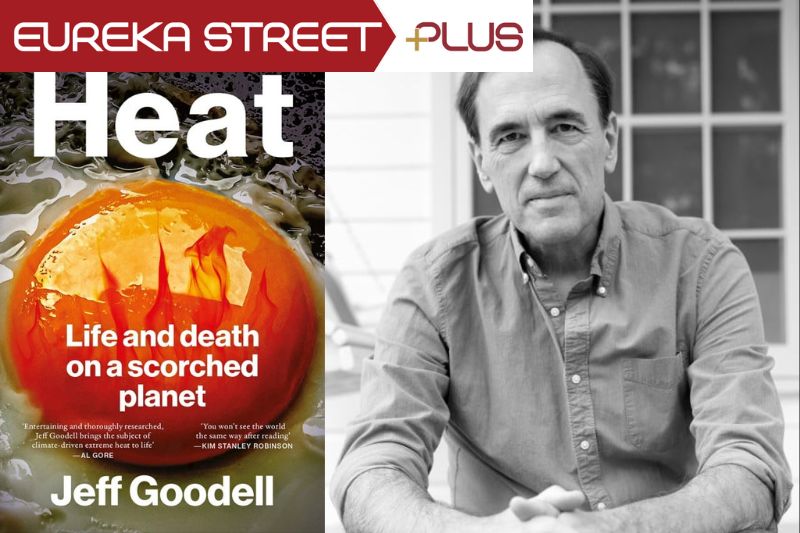
ENVIRONMENT
- David Halliday
- 11 January 2024
How will a warming planet impact us? In conversation with Eureka Street, longtime climate journalist and contributing editor for Rolling Stone Jeff Goodell discusses two decades of covering climate change, examining the effects a superheated world, and how humanity will need to adapt.
READ MORE 
-
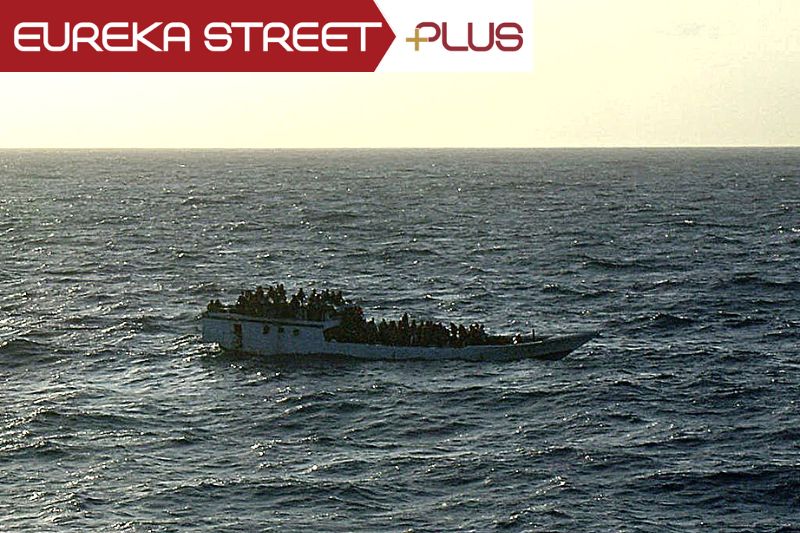
AUSTRALIA
- Kerry Murphy
- 04 January 2024
Throughout recent decades of Australian history, the stance every government has taken on asylum seekers has reflected the shifting political landscapes and challenging humanitarian issues that have continually shaped Australia's response to those seeking refuge.
READ MORE 
-

ENVIRONMENT
- David Halliday
- 11 August 2023
How will a warming planet impact us? In conversation with Eureka Street, longtime climate journalist and contributing editor for Rolling Stone Jeff Goodell discusses two decades of covering climate change, examining the effects a superheated world, and how humanity will need to adapt.
READ MORE 
-

AUSTRALIA
- Kerry Murphy
- 28 July 2023
How has Australia's asylum seeker policy changed over the past thirty years? The approach of every government has reflected the shifting political landscapes and challenging humanitarian issues that have continually shaped Australia's response to those seeking refuge.
READ MORE 
-
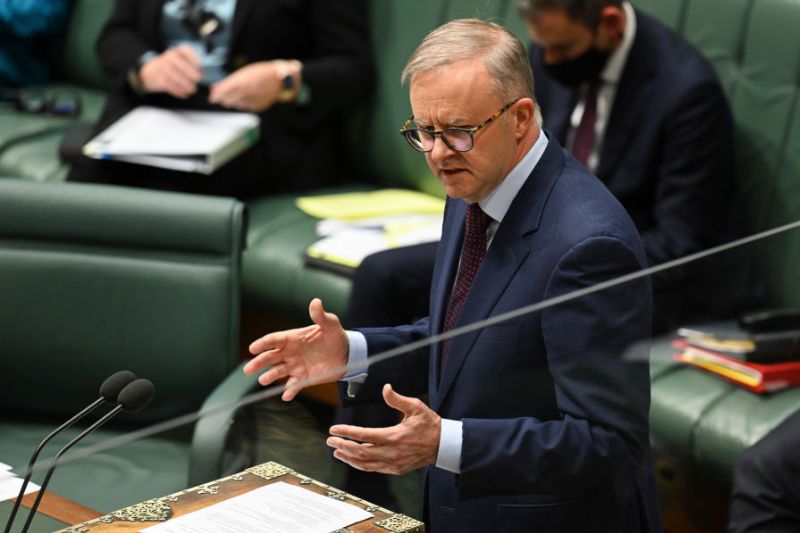
AUSTRALIA
- Frank Brennan
- 28 October 2022
6 Comments
In recent years, Australian policies in relation to asylum seekers and refugees have been unnecessarily mean, cruel and disorganised. The election of the Albanese government provides the opportunity for a reset, putting behind us the past mistakes of both Coalition and Labor Governments in the last 20 years.
READ MORE 
-

AUSTRALIA
- Barry Gittins, Tim Costello
- 07 October 2022
1 Comment
Reverend Tim Costello's informal status as a nagging conscience to many Australian governments, including the Howard government in which his brother Peter served as federal treasurer, was formally acknowledged when the National Trust of Australia chose him as a ‘National Living Treasure’. Barry Gittins speaks to Tim Costello about the nature of power, and its place and exercise in public life.
READ MORE 
-
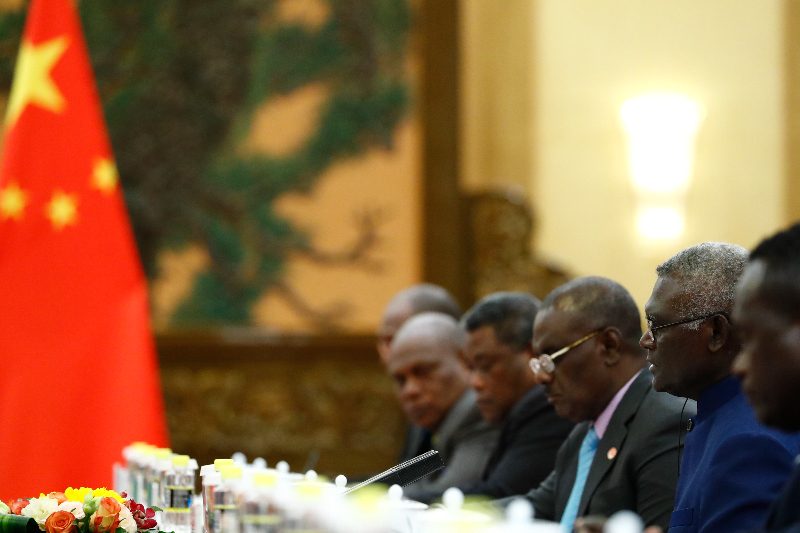
INTERNATIONAL
- Binoy Kampmark
- 10 May 2022
8 Comments
On May 3, the Prime Minister of the Solomon Islands, Manasseh Sogavare, vented his fury in parliament at ‘the continual demonstration of lack of trust by the concerned parties, and tacit warning of military intervention in Solomon Islands if their national interest is undermined in Solomon Islands.’ The targets of the speech — Australia and the United States — were clear enough.
READ MORE 
-
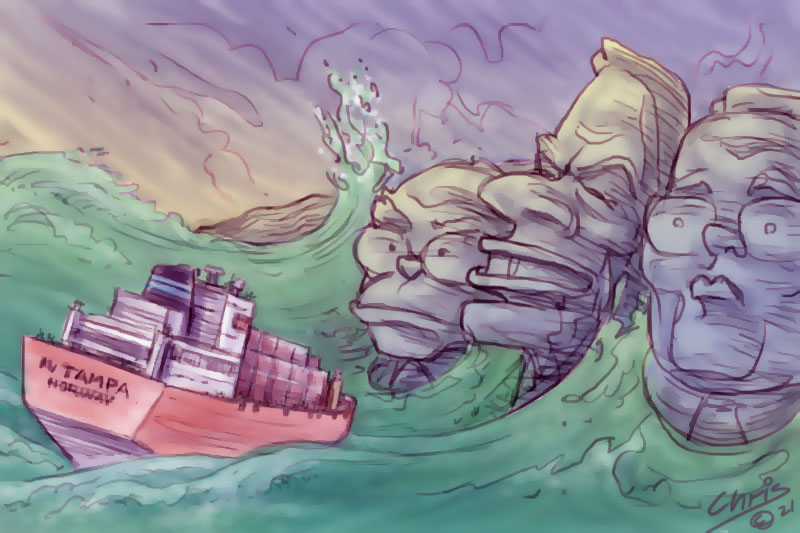
INTERNATIONAL
- Binoy Kampmark
- 07 September 2021
23 Comments
It took 438 desperate human beings upon the overladen wooden fishing boat, the KM Palapa, to present Australia’s Howard government in August 2001 with an electoral opportunity. At first, there was feigned ignorance from Canberra about any signs of desperation. The vessel, lacking power, lay some 100km off Christmas Island. Despite a coast guard plane noting men jumping up and down on the roof in a frenzy, nothing was initially done.
READ MORE 
-
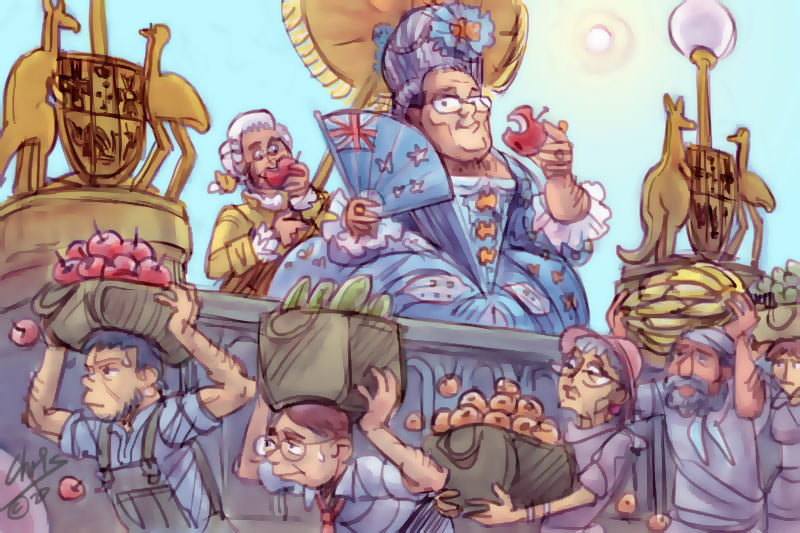
AUSTRALIA
- Vivienne Cowburn
- 13 October 2020
19 Comments
An idea that’s gaining traction, in a pandemic where international travel has stopped and many Australians are losing their jobs, is this notion that the unemployed (aka: everyone on JobSeeker payments) should go out into the regions and help the farmers pick fruit.
READ MORE 
-
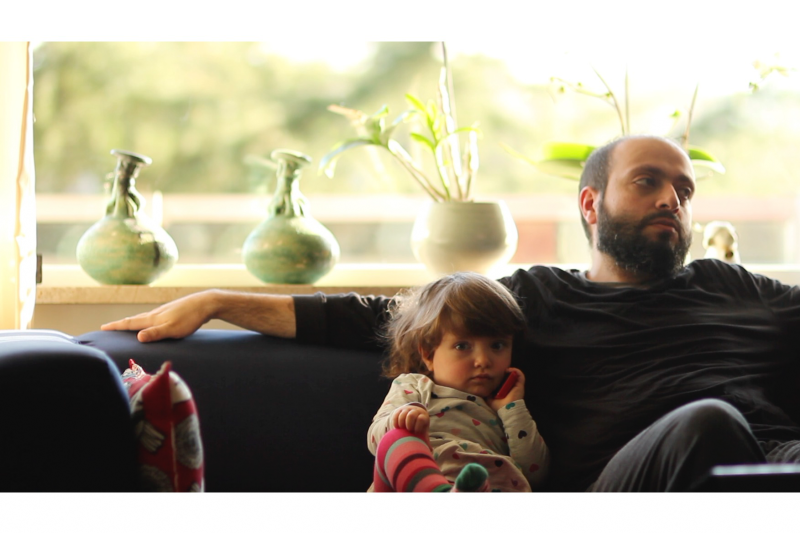
ARTS AND CULTURE
- Arnold Zable
- 06 October 2020
4 Comments
Tall Fences, Taller Trees, directed by Dutch-based Iranian filmmaker, Arash Kamali Sarvestani, is a companion to Chauka, Please Tell Us the Time, which Sarvestani co-directed with Kurdish-Iranian writer and Manus Island detainee, Behrouz Boochani. On its most basic level Tall Fences, Taller Trees documents the making of the first film, but it is far more than that.
READ MORE 
-

ARTS AND CULTURE
- Clare Locke and Colleen Keating
- 18 March 2019
3 Comments
The church is an old man with heavy robes. Heavy lidded, head bowed. Stooped. We are twisting, clutching, writhing. Pointing fingers, fists stamping tables or shaking in fury. But the old man is deaf and blind and besides, his head is low, and he sits within a prison cell.
READ MORE 
-
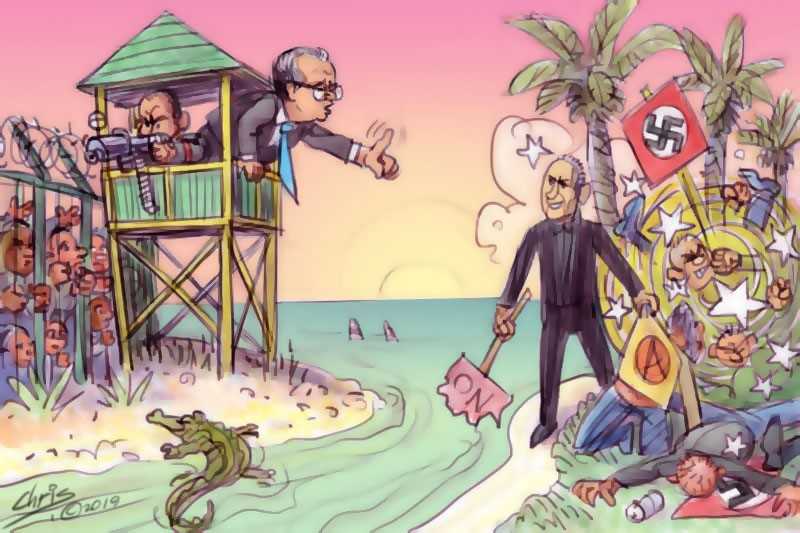
AUSTRALIA
- Joshua Badge
- 14 January 2019
7 Comments
The pantomime serves a purpose. Politicians denouncing Anning for his explicit support of fascism distracts from years of slightly more democratic, somewhat less in-your-face ethnonationalism. Sieg heils in St Kilda are bad, offshore internment camps are necessary.
READ MORE 